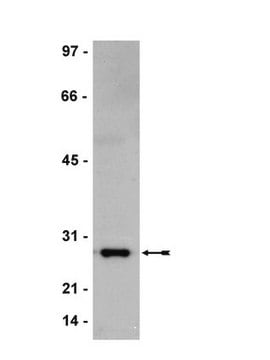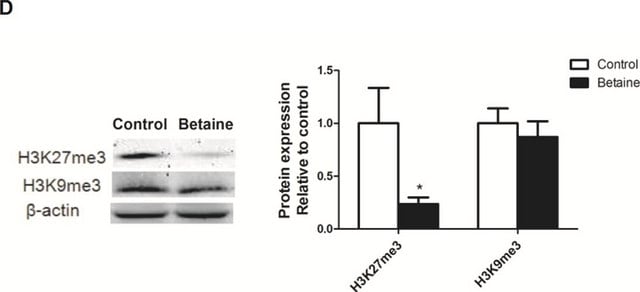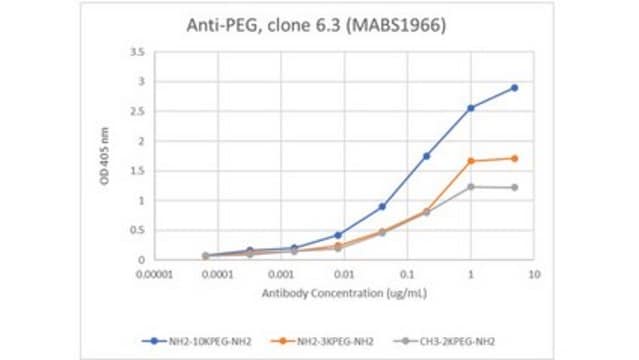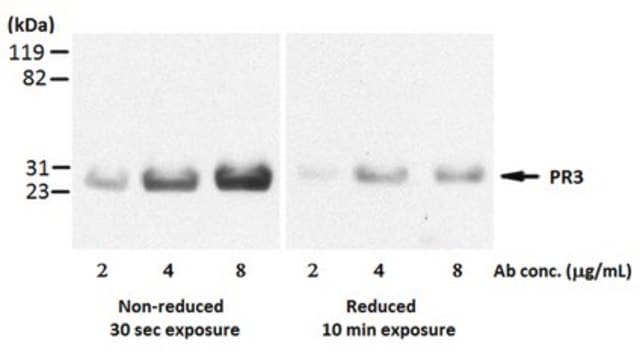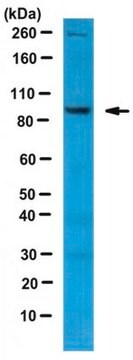07-689
Anti-EZH2 Antibody
Upstate®, from rabbit
Synonym(s):
KMT6, Enx1, Enhancer of Zeste Homologue 2
About This Item
Recommended Products
biological source
rabbit
Quality Level
antibody form
whole antiserum
antibody product type
primary antibodies
clone
polyclonal
species reactivity
human, mouse
packaging
antibody small pack of 25 μL
manufacturer/tradename
Upstate®
technique(s)
ChIP: suitable (ChIP-seq)
immunoprecipitation (IP): suitable
western blot: suitable
NCBI accession no.
UniProt accession no.
shipped in
ambient
target post-translational modification
unmodified
Gene Information
human ... EZH2(2146)
Related Categories
General description
Specificity
Immunogen
Application
Epigenetics & Nuclear Function
Histones
Quality
Target description
Physical form
Storage and Stability
Analysis Note
K562 cell lysate, C2C12 cell lysate
Other Notes
Legal Information
Disclaimer
Not finding the right product?
Try our Product Selector Tool.
recommended
Storage Class Code
12 - Non Combustible Liquids
WGK
WGK 1
Flash Point(F)
Not applicable
Flash Point(C)
Not applicable
Certificates of Analysis (COA)
Search for Certificates of Analysis (COA) by entering the products Lot/Batch Number. Lot and Batch Numbers can be found on a product’s label following the words ‘Lot’ or ‘Batch’.
Already Own This Product?
Find documentation for the products that you have recently purchased in the Document Library.
Our team of scientists has experience in all areas of research including Life Science, Material Science, Chemical Synthesis, Chromatography, Analytical and many others.
Contact Technical Service